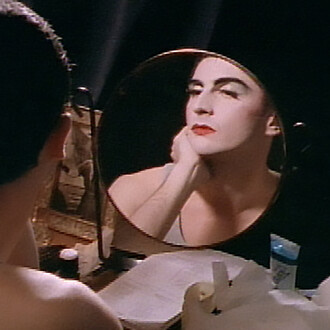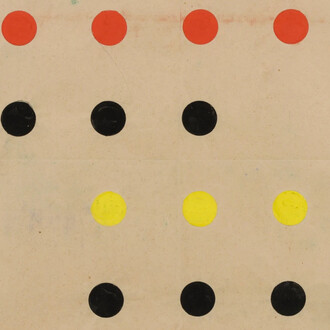The flower sermon is the Zen Buddhist origin story and is based on a sermon given in the Buddha’s later years, in which he spoke no words, but simply reached into a nearby pond and pulled out a freshly-picked lotus flower -- roots and all, dripping mud. The assembled crowd was silent, not understanding its significance. But after a moment or two, Buddha's disciple Mahākāśyapa smiled, and is said to have gained enlightenment from this exchange. In the original Chinese, the story is literally "Pick up flower, subtle smile".
Within Zen, the Flower Sermon communicates the ineffable nature of tathātā (suchness or a mind resting simply in its own being) and Mahākāśyapa's smile signifies the direct transmission of wisdom without words. There are various interpretations of the symbolism of the lotus itself, but the meaning seems most focused on seeing and being with what is in the reality of the moment.
In keeping with this spirit of transmitting wisdom without words, I don’t want to say too much about the work in this show. I invite you to come and see it and experience it for yourself. Some of the work collected in this show deals with flower imagery, but not all of it. However, all of the work expresses a sense of directness, authenticity, presence, and intimacy.












